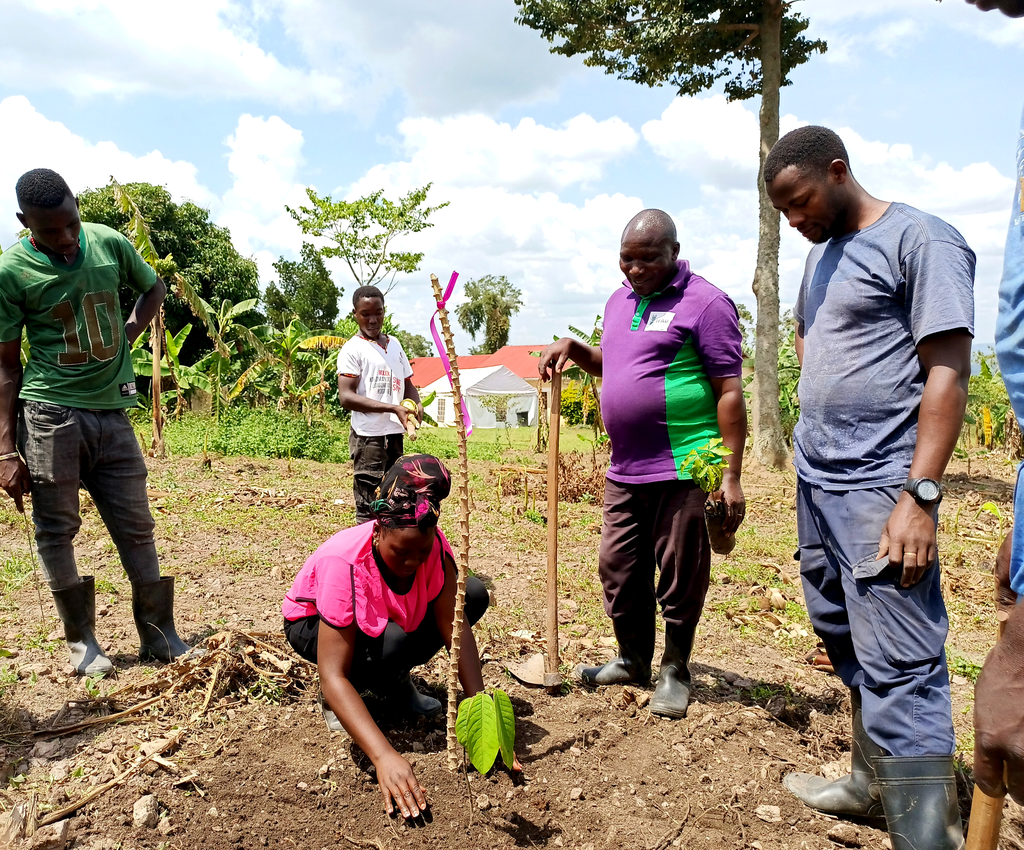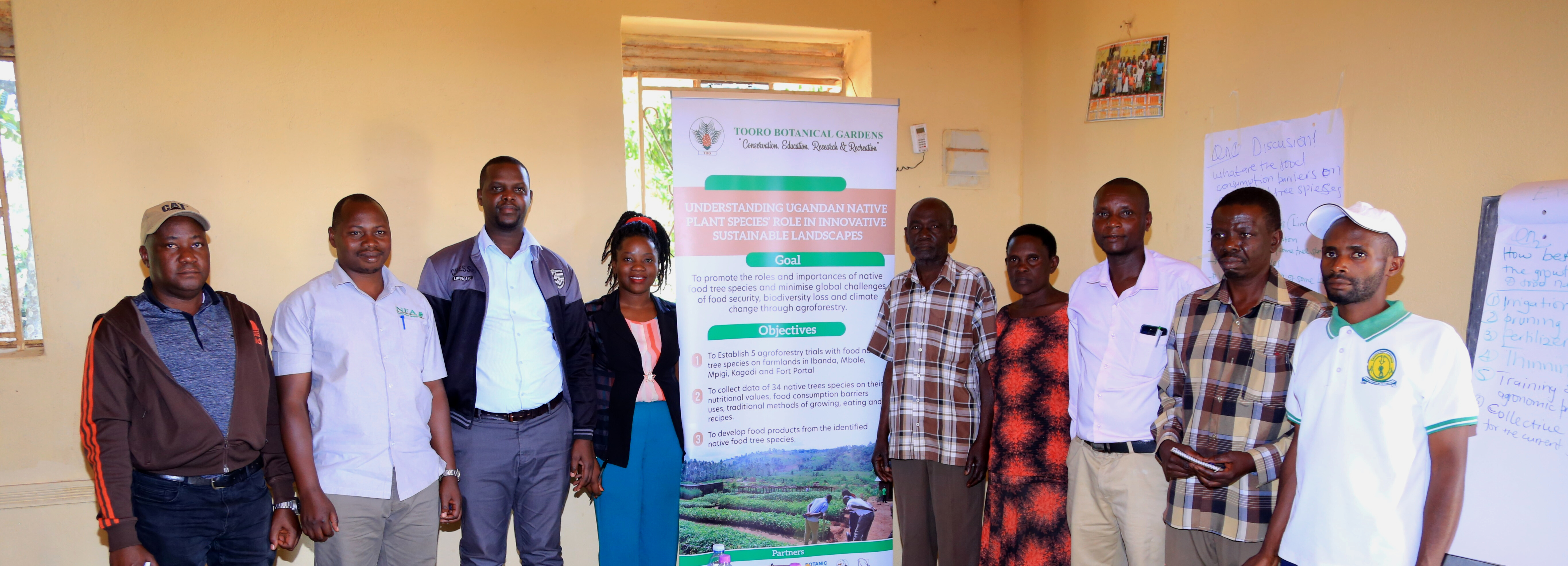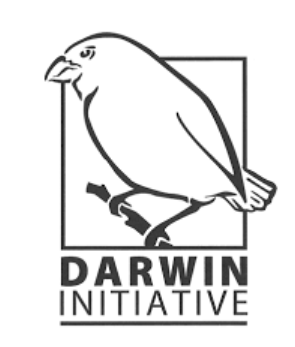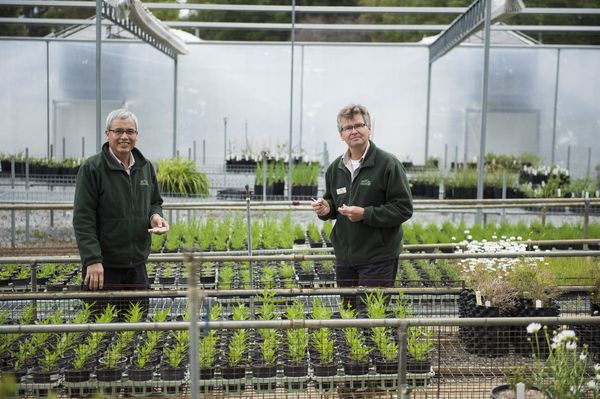Agroforestry with native edible plants in Uganda

-
Status of project
Ongoing -
Region
Africa -
Country
Uganda -
Programme
Ecological Restoration Alliance of Botanic Gardens -
Workstream
Addressing Global Challenges -
Topic
Year in review 2022
Overview
Habitat destruction and degradation causes problems for plants, amphibian, bird and mammal species across the sub-Saharan Africa.
In Uganda, conversion to agriculture is a leading driver, with agriculture expanded from 84,695 km2 to 105,317 km2, whilst forest cover decreased from 49,334 km2 to just 19,535 km2 between 1990 and 2015.
Degradation contributes to livelihoods and health problems since soil erosion and flooding lead to less productivity and biodiversity loss reduces wild plant availability for traditional foods and medicines. Malnutrition problems are exacerbated, like anaemia, stunting and Vitamin A deficiency. With the population projected to reach 141.2 million by 2065, more sustainable options for land use are urgently needed.
This project, funded by the Darwin Initiative Innovation fund, is investigating agroforestry practices that incorporate native edible plant species to help to conserve water and prevent erosion, and provide people with better access to diverse and healthy diets.
Native plant species are adapted to the local environment and so they could help to increase smallholders’ resilience whilst also supporting local wildlife. The market drivers for farmers to grow them are often too weak though so the project seeks to develop novel food products from them based on the nutrition they provide and the gaps in Ugandan diets they could fill, in order to improve their value and marketability.
Smallholder farmers are also being included at every stage of developments to ensure they are the future beneficiaries of developments. As demand increases, there will be increased farmer uptake of agroforestry compared to less diverse systems increasing national biodiversity and health impacts.
We aim to create the evidence needed to stimulate new markets for native plant products and reduce the risk for investment in them.

Key results to include:
- Current use and markets of 34 target indigenous food species understood
- Nutritional profiles of 34 target native food species known showing levels of important micro- and macronutrients with
12 new food products produced from at least 6 that are beneficial - Five agroforestry plots, with at least 6 of the target native food plant species, established to investigate the benefits to
people and nature compared to less diverse alternatives, with baseline data collected - 200 farmers and 400 urban community members help design promotion options to reach wider audiences about the
benefits of native food species and agroforestry via radio shows and botanic gardens
Partners
Supported by the UK government’s Darwin Initiative Innovation fund, this project is implemented in partnership with Tooro Botanical Gardens, Entebbe Botanic Gardens, Makerere University and GrassRoots Ltd. This 2-year-project started in May 2022 and is expected to run until March 2024.
For more information contact alex.hudson@bgci.org


